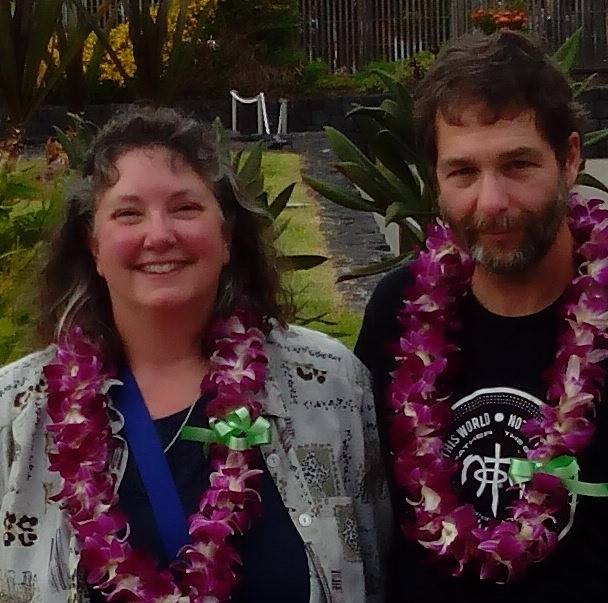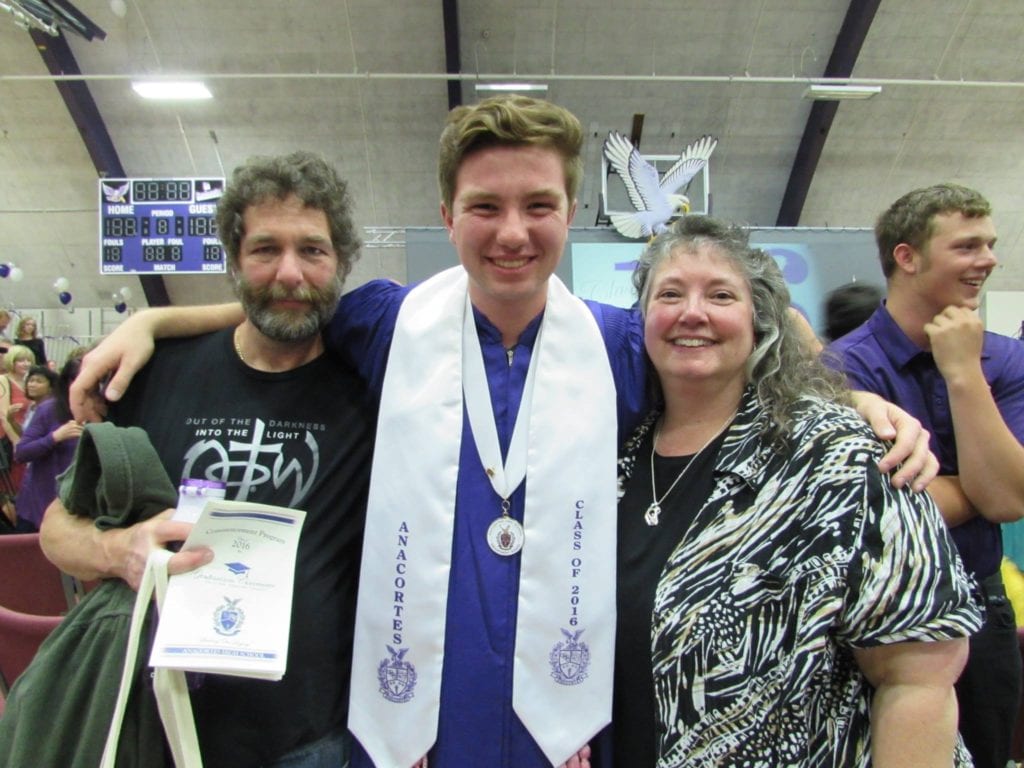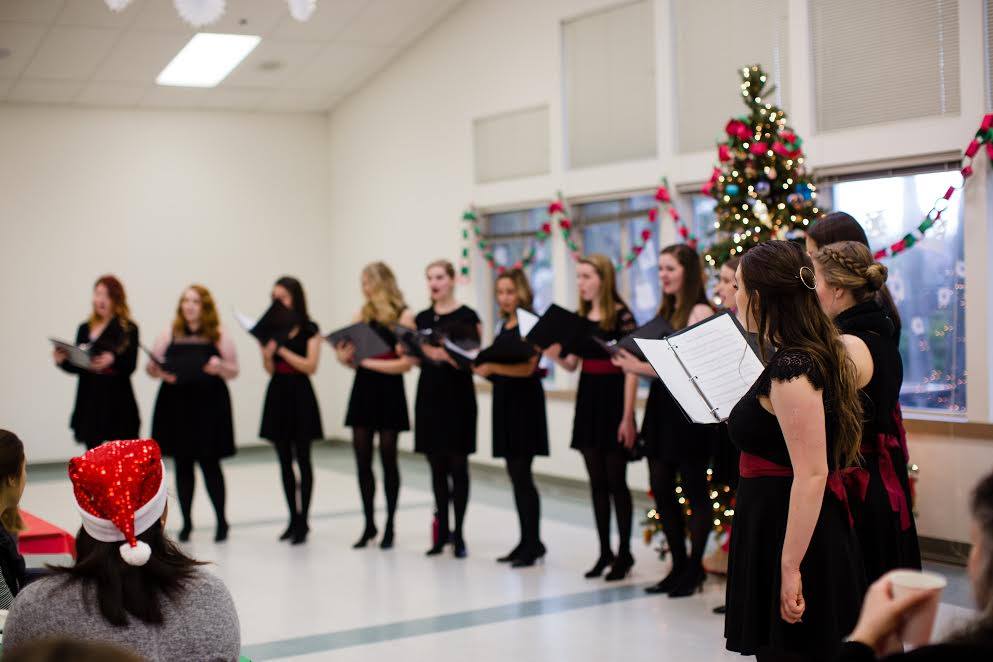Here is the fourth in a series of interviews from a completely different perspective—Teachers. I am really excited about these. If you missed the last post in the blog-to-book series, Life After High School—Secrets To A Successful Life By Those Who Have Had Twenty Years To Think About It (or) What They Didn’t Teach Us Gen Xers In High School, click here. Otherwise, you can start at the beginning here.
Laurie Julius-Carver, Educator



Here are my notes from the interview with Laurie:
Can you briefly summarize your career and your life as a teacher?
Started in 1986 in Anacortes. Stayed there until 1998 and retired, but keep coming back to help substitute and support the choir program. Teaching is a lifelong passion and way of life. 1983 received a degree at Central. Masters in choral conducting from Oregon. I’ve always been involved in choirs. Mom was a church choir director. Started at Yakima Valley Community College 1978 and wanted to be a history teacher. Met a man named Dr. Peterson who was a great influence and mentor.
What’s your favorite part about being a teacher?
The relationships that you have with students that are lifelong. Seeing where people end up and watching and being a part of the joy in their lives, including what music brings.
What is your least favorite thing about being a teacher?
6:30 am classes. I’m currently the director at the middle school and high school. The biggest thing that bothers me is parents who don’t invest in their children. I had two or three students miss the last concert because the parents didn’t feel like going.
How effective do you think the current educational system is in preparing people for life after high school?
I believe it is working for the students that are motivated and have parental support. It is preparing them for a college route. We need to do a better job of making them responsible for themselves. We don’t do enough to teach and prepare kids that they are responsible for themselves. Some kids have an entitlement mentality when they come from parents that do everything for them, but also the other side of the spectrum when they don’t care. These are timeless problems. Community service has come along quite a bit, but the apathy is still there.
What should high schools be teaching students but aren’t currently doing so?
I think that if high schools could figure out a way to teach kids to be productive and self-sufficient and care about the world around them. By self-sufficiency, I mean across the spectrum. Kids who don’t have the money can still be taught to be self-sufficient. On the other end, the entitlement end, teaching them not to rely on mom and dad. Our education system has become a parent since parents don’t do what they used to do. Other countries have different life values in the home. In our system, there’s not a responsibility to do homework like in other ways.
What do you wish you could tell all graduating seniors about life after high school?
Be responsible for your own life. I see kids not taking responsibility. They are passing the buck and blaming others. This is especially true after high school.
What are high school kids and their parents doing right when it comes to preparing themselves for life after high school?
I think parents who allow their kids to fail and show them how to start again is the right thing to do. Parents who show their kids how to be on their own. There are kids very dependent on their parents telling them what to do. Of course, there need to be parameters. I grew up in an education system where we regurgitated facts for tests. In the 1970’s it was all memorization and spitting out facts. A lot of that has gone away. We are trying to teach them how to learn.
What mistakes do you see students making in high school when it comes to thinking about their future and taking action? What are they doing wrong?
Lately, I see some kids doing nothing. There are super-motivated ones that spend every waking minute applying for scholarships and colleges. Many are doing nothing. I think they haven’t learned how to fail and then start over. It’s hard if there is no support at home and they keep going down that road. They just want to get out of high school and get on with life.
What is the biggest problem you see for high school graduates?
The employment situation is tough right now. There are older people competing for the same jobs as the younger ones. Recently, many graduates not prepared emotionally or having coping skills about what to do once they are on their own. I think a large part of going to college are the experiences and the growing up there.
Knowing what you now know, and if you could write your 18-year-old self a letter and send it back in time (encouraging, warning, or directing your life) what would you write?
Don’t waste time seeking approval of others. Participate in things that I myself approve of. Take the time to figure out what I approve of. As an eighteen-year-old, I just wanted to be accepted and be the person in charge. You don’t always have to be seeking friends.
What kind of information, resources, interviews, or other ideas do you think need to be included in my book to make it a valuable resource for high school students and parents? (The working titles are: Life After High School—Secrets To A Successful Life By Those Who Have Had Twenty Years To Think About It) or What They Didn’t Teach Us Gen Xers In High School
Include helps lists. Resources in and out of college. In college, they are told to go the counseling center, but people don’t always know how to access lists. Resources in the community. Everything from financial planning and family planning.
Next time, I’ll be back with another great interview.
Are you from Generation X? I want to hear what you think! Please comment below and participate in the conversation about What They Didn’t Teach Us Gen Xers In High School. What do you wish someone told you when you were eighteen?